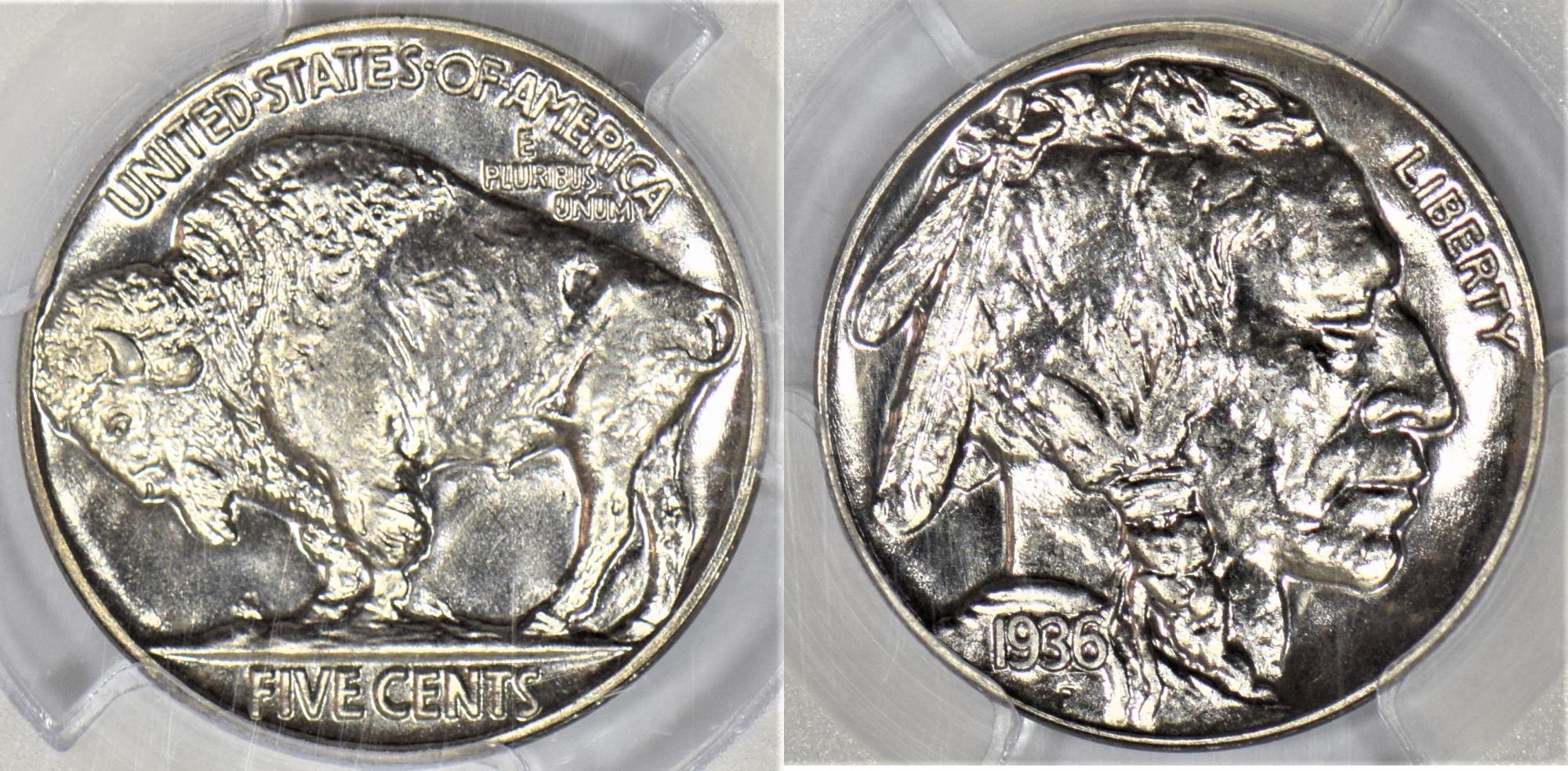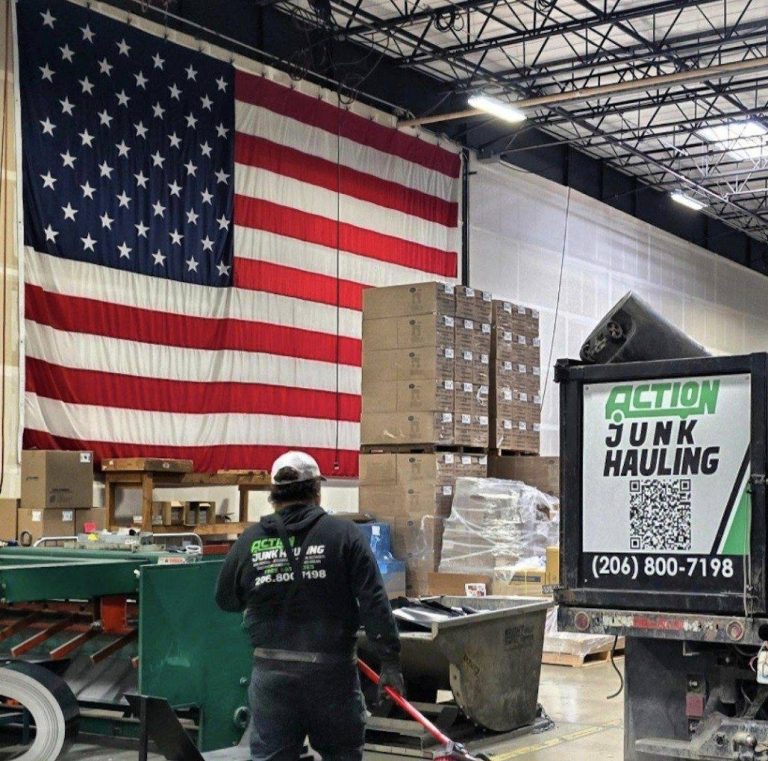Technological innovations have revolutionized the refining and processing of precious metals, such as gold, silver, platinum, and palladium. These advancements have not only enhanced efficiency and accuracy but have also expanded the possibilities for sustainable and environmentally friendly practices to sell silver near me.
Background:
Precious metals have long been coveted for their rarity, beauty, and utility in various industries, including jewelry, electronics, and investment. Traditionally, the refining and processing of these metals involved labor-intensive methods with significant environmental impacts, such as chemical leaching and smelting. However, with the advent of new technologies, the industry has witnessed a transformation towards more efficient, cost-effective, and environmentally sustainable practices.
Technological Advancements:
- Hydrometallurgical Processes:
Hydrometallurgy involves using aqueous solutions to extract and purify metals from ores or recycled materials. Advanced hydrometallurgical processes, such as cyanide-free leaching and solvent extraction, have been developed to improve the efficiency and reduce the environmental impact of precious metal refining.These processes offer higher recovery rates, lower energy consumption, and reduced emissions of harmful by-products compared to traditional methods, making them increasingly popular in the industry.

- Electrochemical Refining:
Electrochemical refining utilizes electrolysis to purify metals by selectively dissolving impurities from the surface of an electrode.Advanced electrochemical techniques, including electrowinning and electrorefining, have been refined to achieve high purity levels and precise control over metal composition, making them ideal for refining precious metals to meet stringent quality standards.
- Laser and Plasma Technologies:
Laser and plasma technologies have emerged as innovative methods for precision cutting, welding, and refining of precious metal components.These technologies offer greater accuracy, flexibility, and speed compared to traditional mechanical methods, enabling the production of intricate designs and customized products with minimal material wastage.
- Green Chemistry Initiatives:
Green chemistry principles, such as the use of non-toxic reagents, renewable energy sources, and waste minimization strategies, are increasingly being integrated into precious metal refining processes.Initiatives such as sustainable sourcing, closed-loop recycling, and carbon-neutral operations aim to reduce the environmental footprint of the industry while promoting social responsibility and ethical practices.
Impact and Future Directions:
Technological advancements in precious metal refining and processing have had a profound impact on the industry, driving improvements in efficiency, sustainability, and product quality. As the demand for precious metals continues to grow in various sectors, including to sell silver near me, electronics, and healthcare, further innovation in refining technologies is expected to play a crucial role in meeting market demands while minimizing environmental impacts. Continued research and development efforts focused on enhancing process efficiency, reducing resource consumption, and optimizing product performance will be key to shaping the future of the precious metal industry in an increasingly interconnected and sustainable global economy.
















